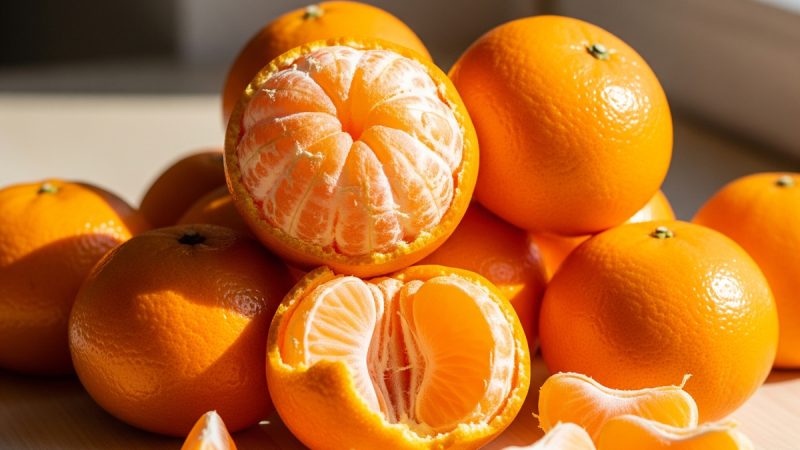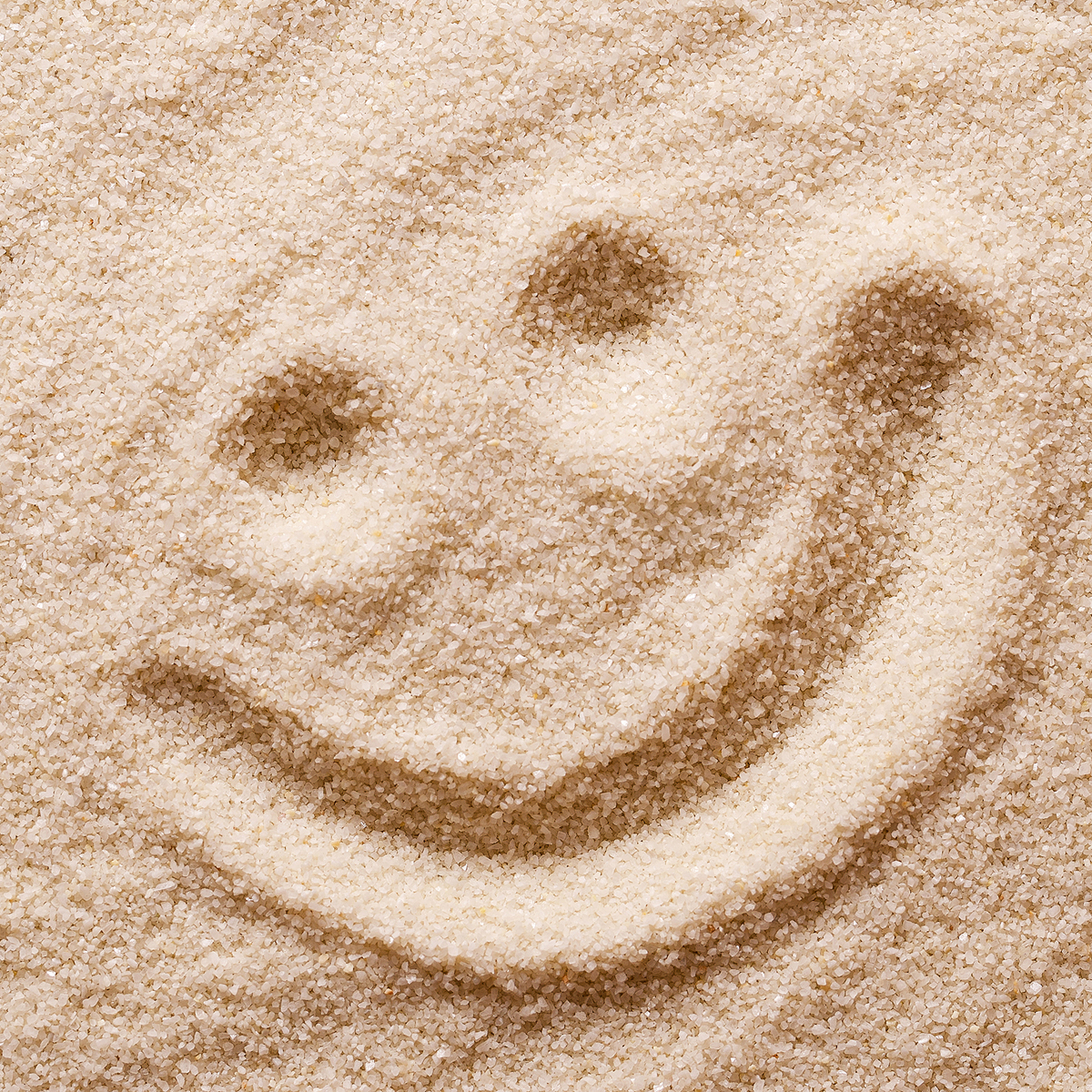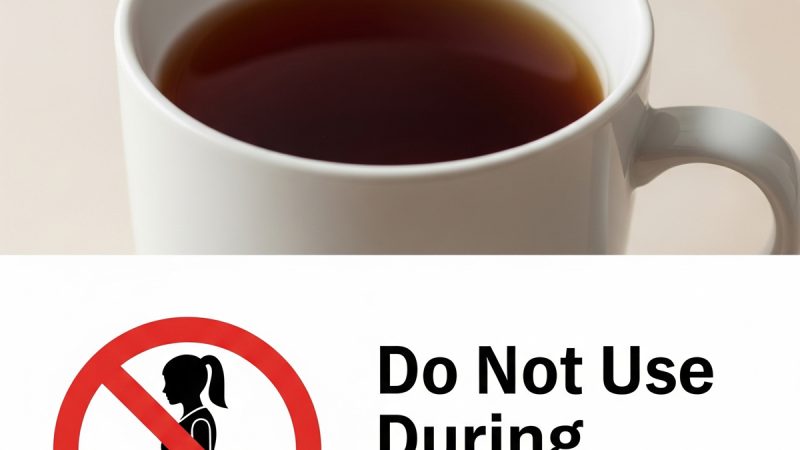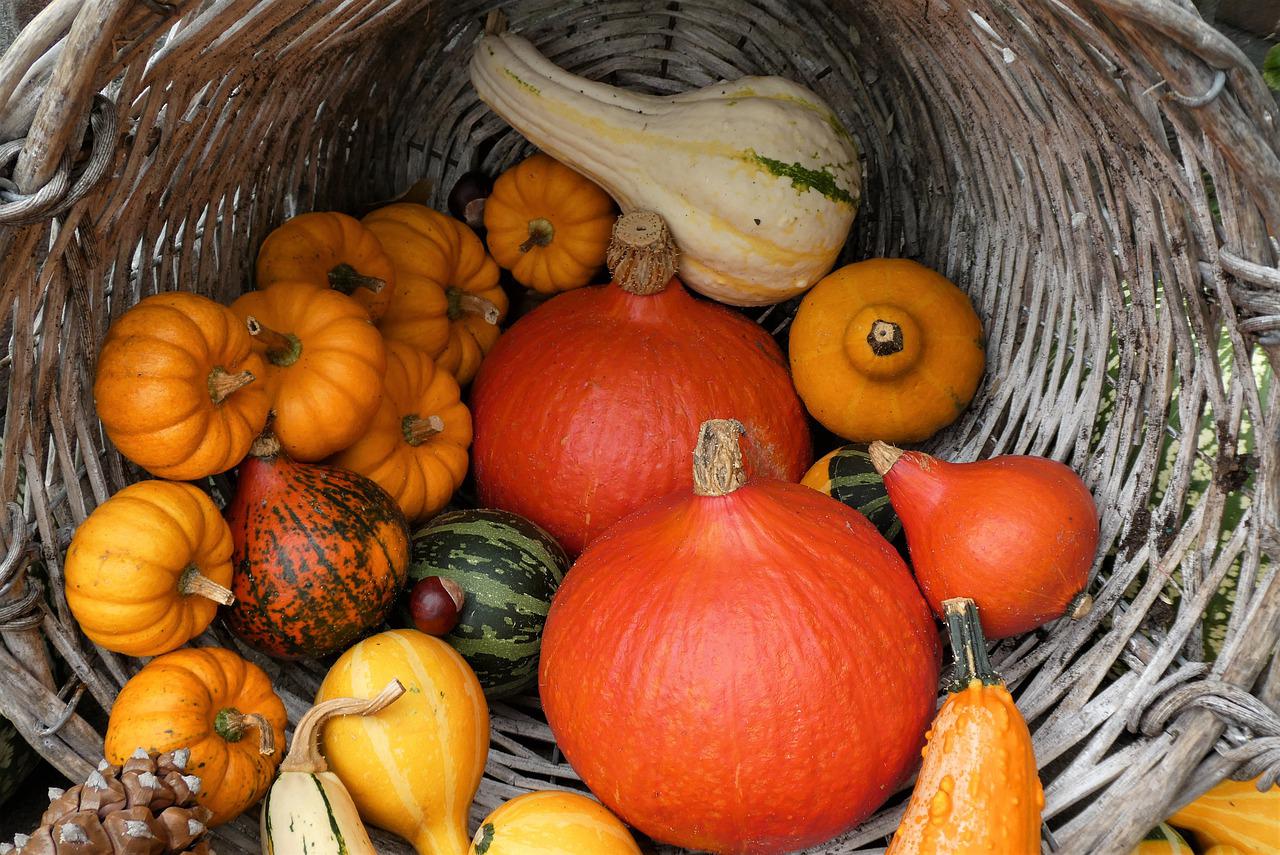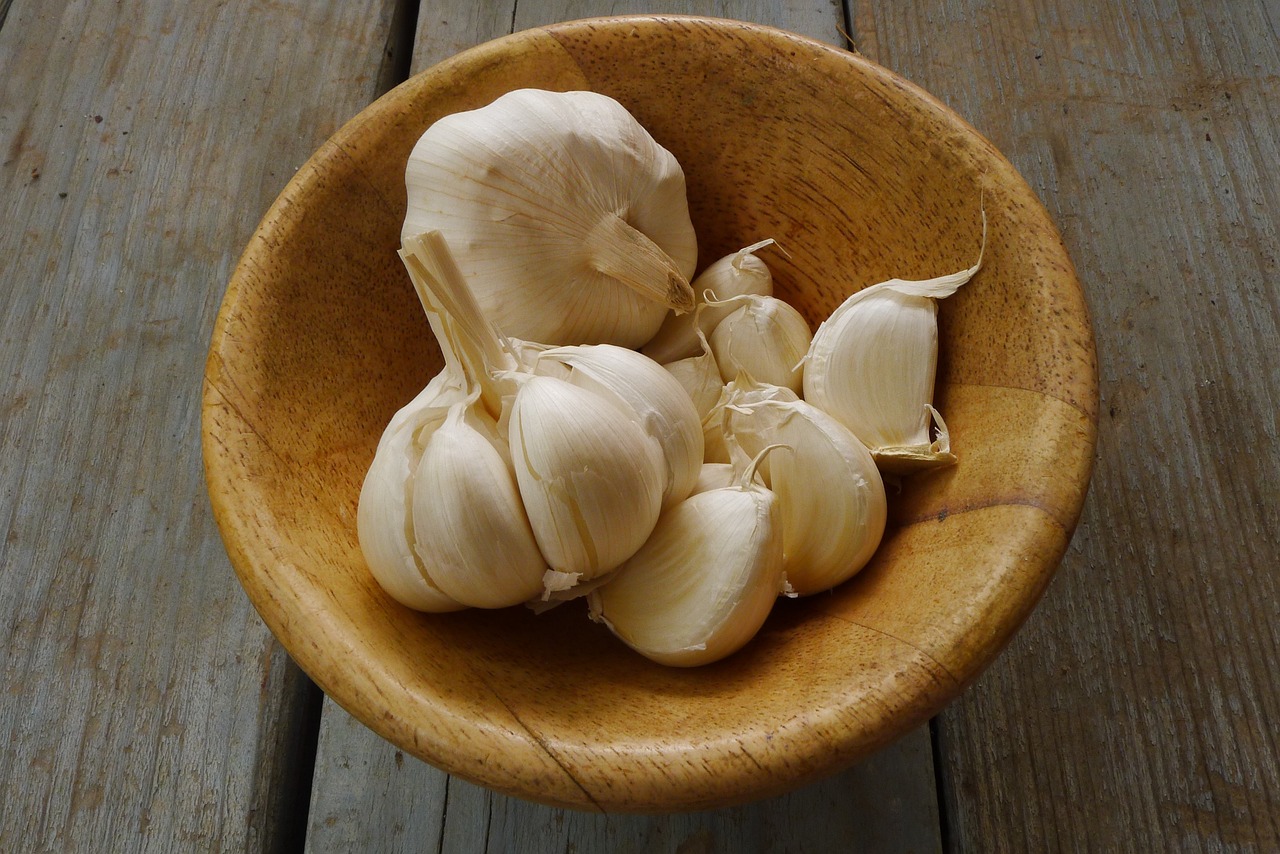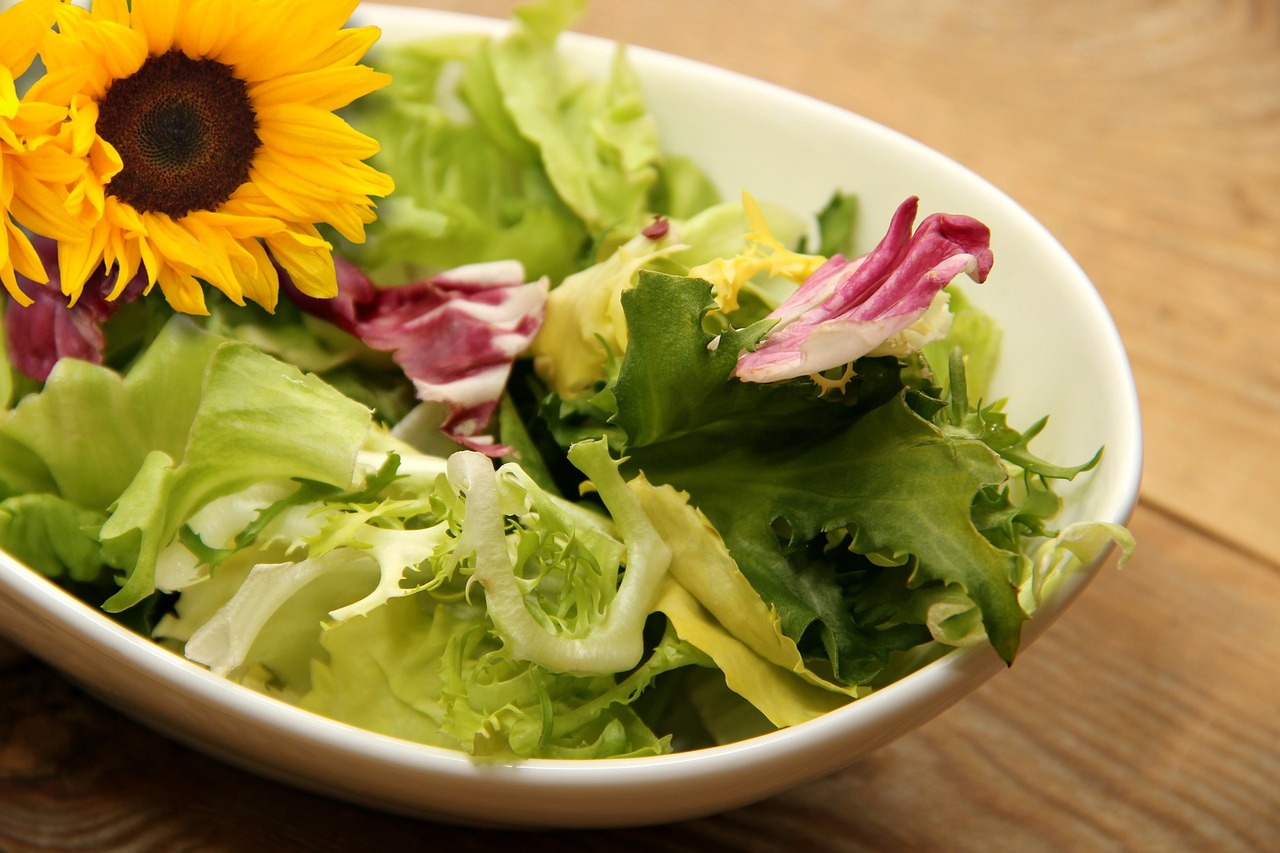Too Much of a Good Thing: Check Those Portions
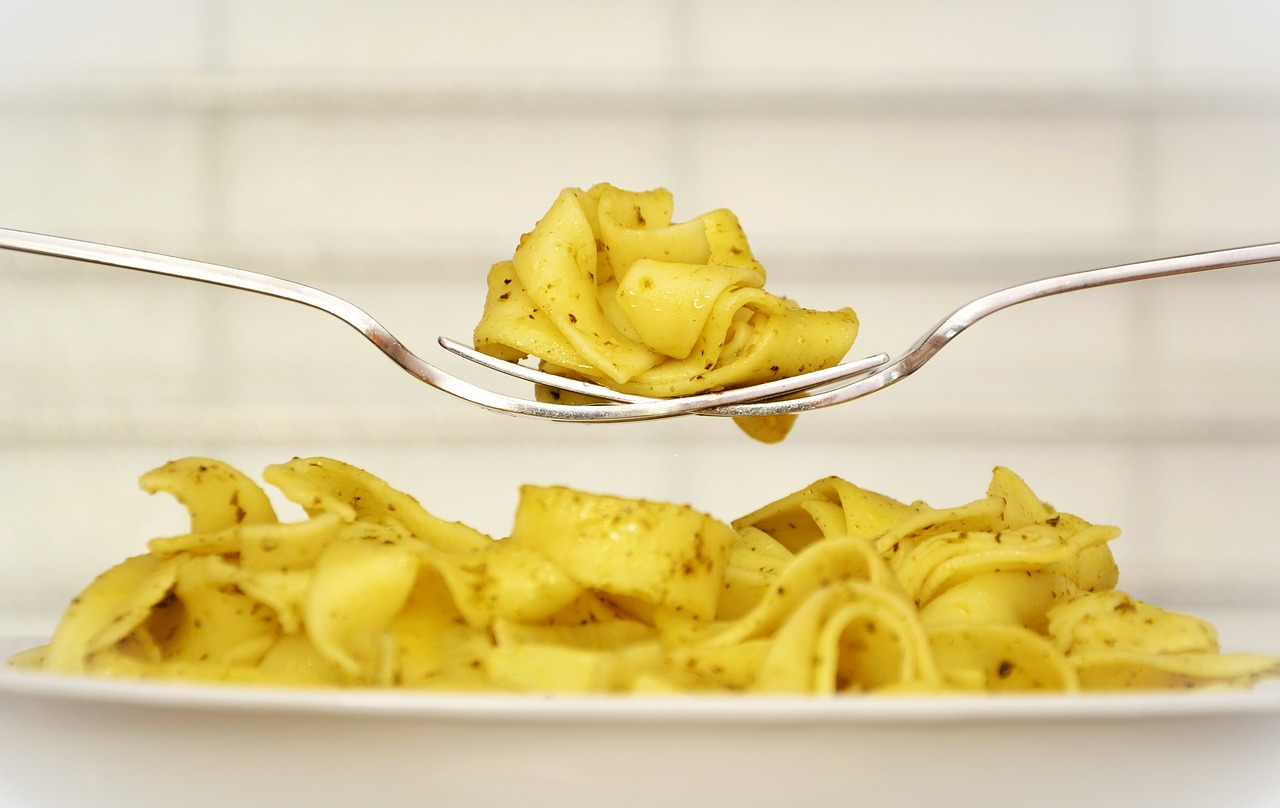
Every week I meet at least a few new clients who are having trouble losing weight, despite making healthy food choices. When it comes to those food choices, you can get too much of a good thing.
Being able to recognize what makes a normal portion is essential if want you to maintain your health and your weight. Some people are just eating too much, or at least, enough food to keep their weight right where it is… not budging at all!
It really is about how much you eat of any food.
One quick and easy way to determine portion size is to use what is known as the “plate method”.
This method has received a lot of attention recently and it is one of my favorite ways to show clients how to zero in on those portions.
My Plate is the new guide for healthy eating. To use the plate method:
Start by dividing your plate in half. Fill half of the plate with vegetables or fruit. Divide the remainder of your plate into two quarters.
One quarter of the plate is used for a protein food (meat, fish, beans, etc.) and the other quarter is used for a whole grain or starchy food (potato or rice).
Visualizing the plate in this way makes it easy to learn about healthy portion sizes, especially for those who don’t want to measure their food.
One thing you must consider, however, is how big are your plates? It is not unusual for standard size dinner plates to come in sizes of 10 inches or more. A nine inch plate used to be the standard. Unfortunately, if you start with a larger plate, the tendency will be to fill it up. Portioned food on a large plate looks like you aren’t getting enough food! So if you have large plates, think about scaling down to a 9 inch size.
Besides using the plate method, weigh or measure your food portions from time to time. Big portions are everywhere, and we get used to seeing too much food on the plate no matter where we go. It’s easy to lose sight of reasonable portions. I recommend getting a food scale or using measuring cups every few months to “revisit” portion control.
Here are some basic guidelines for correct portion sizes:
*Protein foods: (such as lean meat, fish or poultry): 3-4 ounces
*Vegetables: 1 cup raw or 1/2 cup cooked (try to eat at least 4-5 portions daily!)
*Fresh fruit: 1 piece is one serving. Berries or Melon: 1 cup.
*Juices or canned fruit: 1/2 cup.
*Starchy foods or whole grains: 1 portion is usually 1/2 cup or 1 oz. if a bread
*Non-fat milk or yogurt: 1 cup
*Fats: (oil, butter, mayonnaise): 1 tsp.
Maintaining reasonable food portions, and “checking in” on the amount you put on your plate from time to time is one of the most effective ways to get back on track with weight loss. If you eat healthy but your weight is stuck, check to see whether you are getting too much of a good thing!
The Author:
Gretchen Scalpi is a Registered Dietitian and Certified Diabetes Educator. She is the author of the books “The Quick Start Guide To Healthy Eating”, “The Everything Guide to Managing and Reversing Pre-Diabetes”, “The Everything Diabetes Cookbook, 2nd ed.” and “Pre-Diabetes Your Second Chance At Health”. Purchase her book “Quick Start Recipes For Healthy Meals” for .99 cents at http://www.amazon.com/Quick-Start-Recipes-Healthy-ebook/dp/B00C0HFO2A
© 2013 Gretchen Scalpi. All rights reserved.


